#1250bce
Explore tagged Tumblr posts
Note
17, 18, 24 CHOOSE VIOLENCE
17. there should be more of this type of fic/art
Answered this one already but also I'd love to see more random relationships being explored (as crackships or platonically) Like I'd love to see some Diomedes/Menelaus interactions, Teucer and Briseis, uhhh Nestor and Sthenelus. Just pick some names out of a hat or smth and see how they'd vibe (or absolutely not vibe) You don't have to stick to the classic odydio, patrochilles combos, go wild, be free!
18. it's absolutely criminal that the fandom has been sleeping on…
THEBES!! Ok sorry i love the theban cycle lmao but seriously I don't understand why so little of the classics fandom actually branches out of the Iliad/Odyssey, when there's incredible stories within the theban side of things, especially if you like Diomedes as a character! Go read about his dad's war crimes, they're juicy and fun I swear
24. topic that brings up the most rancid discourse
Paris. I don't know what that man did to yall but people act like he waltzed into their home and personally killed their puppy or smth. Even if you have the most uncharitable reading of Paris (aka that Helen was unwilling, that the scene in the Iliad was assault) all your favourite greek blorbos did the exact same thing! But people don't care about the slaves that their greek faves stole away and raped ig?
Also the 'hes a coward' argument is so funny to me actually. Why are we glorifying toxic masculinity and dying in war??? Its not 1250BCE anymore
7 notes
·
View notes
Text
every time I talk to my friend from high school, inevitably at least once she confidently says something incorrect about something I actually know about and I keep not correcting her because who has the energy, right?
like she starts telling me about how much she's been learning about Viking history since moving to Denmark, and I'm keen and listening because I'm assuming she must know more than I do since she now lives there and is studying for the citizenship test. But then she says something about "... the Vikings, at the end of the Bronze Age..." and I kind of "huhmm" and ask if she's sure she means the Bronze Age and she doubles down and keeps talking about the Bronze Age. And at that point, since we talk maybe four times a year, I really don't see the point in making this one about telling her that there's pretty much twice as much time separating the Vikings (~700s-1100s CE) from the end of the Bronze Age (~1300-1100 BCE depending on the area) as there is separating the Vikings from us.
#but I'm venting about it here#for anyone who doesnt want to do the math:#if you assume 1250BCE as the Bronze Age collapse and 793CE as the start of the Viking Age (typical dates in scholarship)#then its 2043 years between the end of the Bronze Age and the first known Viking raid#as opposed to the <1000 years between 1066 and 2023#or even being generous and counting from 793 again that's still only 1230 years
17 notes
·
View notes
Note
Loved the historically accurate Achilles/Patroclus!!! Can you post the sources for the reference art you used?
Oh boy anon I’m so glad you asked, you bet I can.
So, part of this started seeing Madeline Miller respond on twitter to that now famous tweet which highlights a section of “The Song of Achilles” where Patroclus mentions “His skin was the color of freshly pressed olive oil”. Someone thought this was funny, and posted an image of bright green olive oil.
Miller found the tweet though and responded with some great articles (For those of you wondering no she didn’t mean green, someone later on in the tweets posted a link to brown olive oil which is what she was clearly referencing in the book) - https://twitter.com/MillerMadeline/status/1307088379344048128?s=20
-First this one which describes how the backlash against Black Achilles in “Troy Fall of a City” was uncalled for, because it is very historically possible if Achilles did exist (and was not just a myth) he could’ve been black, and was at least dark skinned https://pages.vassar.edu/pharos/2018/05/18/scholars-respond-to-racist-backlash-against-black-achilles-part-2-what-did-achilles-look-like/
-In addition, there is this article which describes how the Greeks viewed color. https://aeon.co/essays/can-we-hope-to-understand-how-the-greeks-saw-their-world
Additionally, a lot of art/films of the Illiad tend to place it with Hellenistic Greek Costumes, instead of Mycenaean Greece which is when Historians placed the Iliad would’ve happened, 1250BCE, far before Hellenistic Greece.
So that lead me to looking up Mycenaean frescos which I directly referenced and color grabbed from for skin and hair values for Achilles and Patroclus.
https://www.gettyimages.com/detail/news-photo/warrior-fresco-fragments-from-the-tiryns-palace-news-photo/167068462?adppopup=true
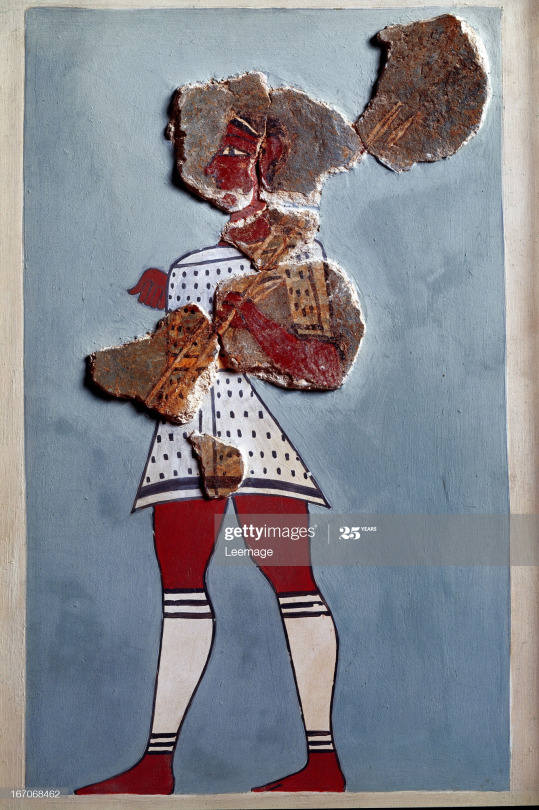
https://www.gettyimages.com/detail/news-photo/the-cup-bearer-minoan-fresco-from-the-mural-paintings-at-news-photo/1055135260
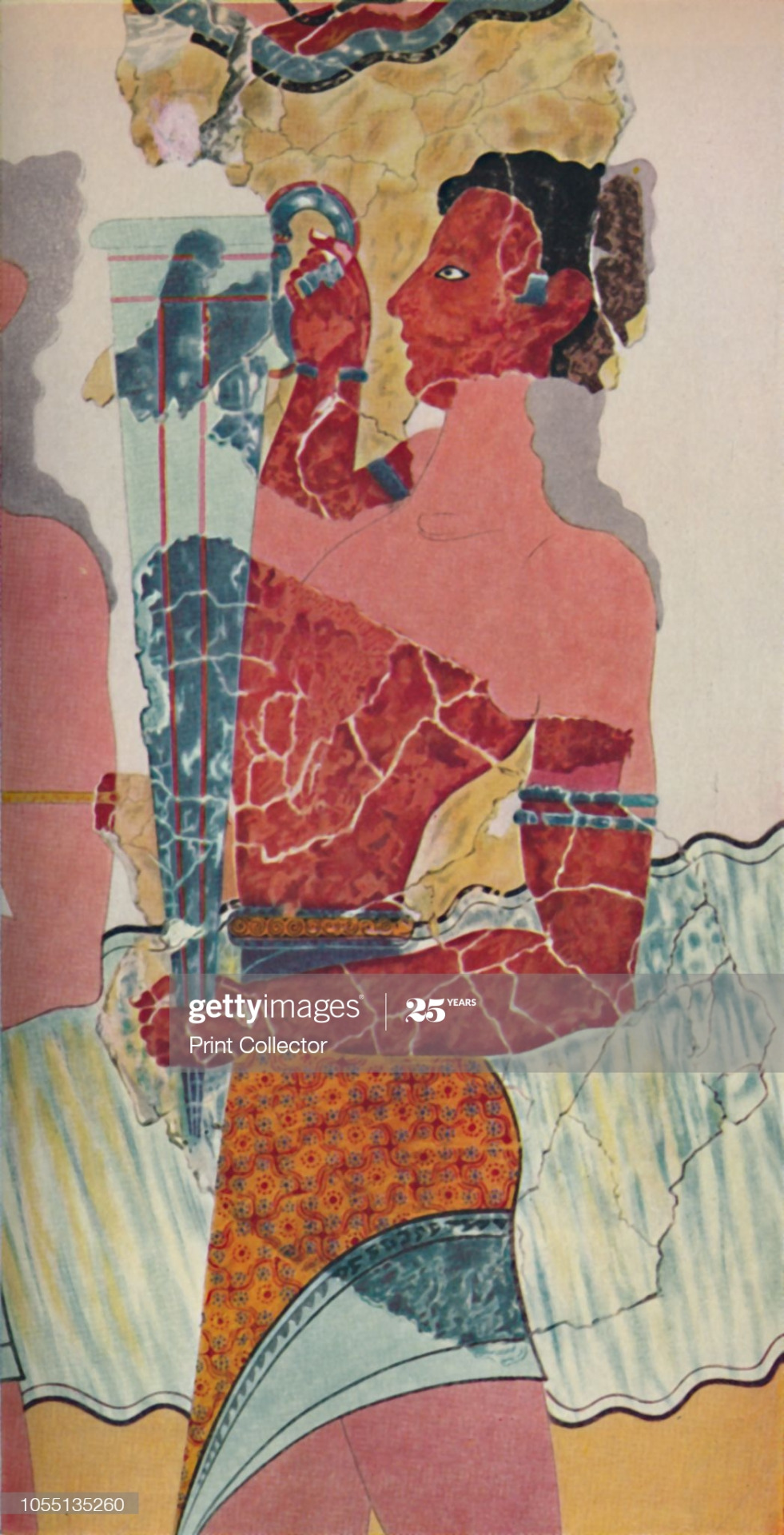
https://www.archaeology.org/issues/352-1909/features/7900-greece-pylos-mycenaean-warrior-grave
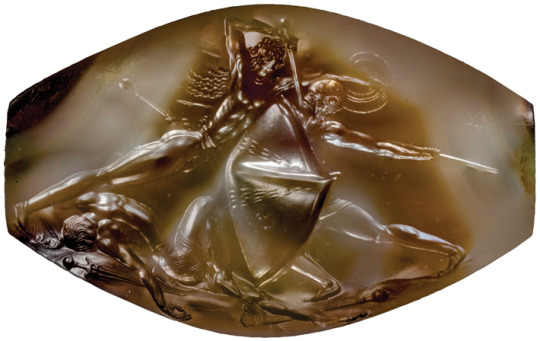
(This is from a warrior’s tomb, and shows the long curls and type of skirts men wore)
https://www.britishmuseum.org/collection/object/G_1851-0806-15 This is one of the oldest *labled* descriptions of Achilles we have from 500 BCE (so still a LONG time after Achilles’ time) And he is seen with a beard, as you will see in other depictions on this site if you search for him.
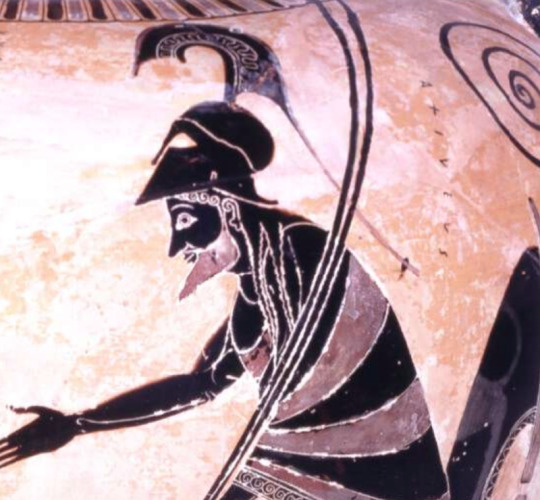
(also cool thing, if you look at enough of these you start to pick a little ancient Greek-you can see his name up there is usually one that starts with Ax)
This one is apparently Odysseus and is even older from the 600BCEs, again showing brown (faded from the photo) skin and dark curly hair
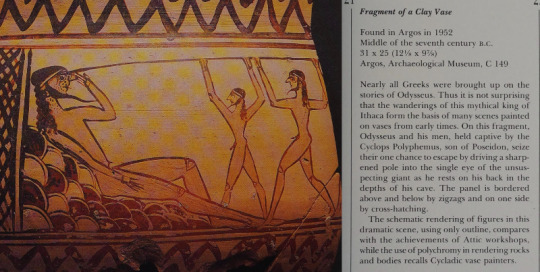
I don’t recall the book this was from, but it’s a recreation of Mycenaean armor:
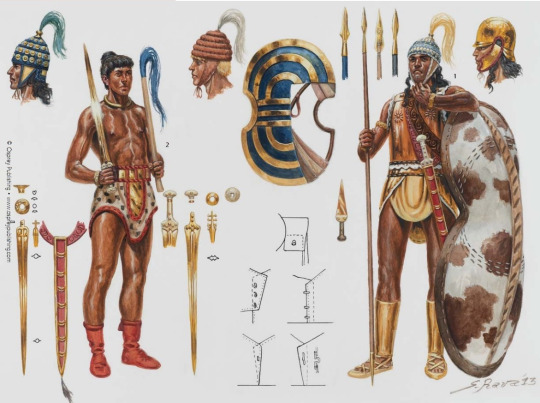
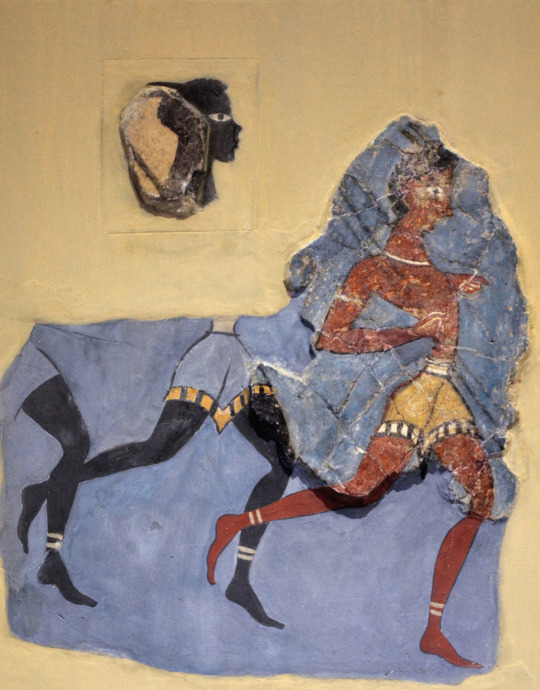
Another fresco I referenced.
An example of the common Ancient Greek profile which showed a long nose, with a flat brow bone often seen in statues
https://www.dreamstime.com/stock-photo-ancient-greek-bronze-statue-profile-high-quality-reproduction-charioteer-original-which-image84989001
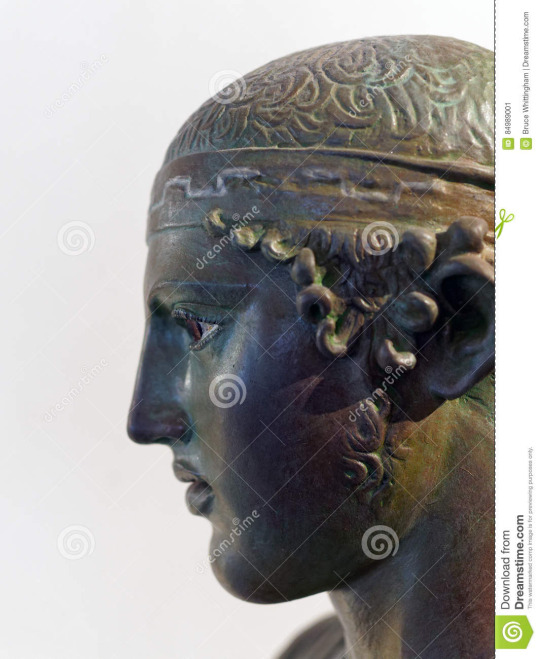
https://www.britishmuseum.org/collection/search?keyword=greek&keyword=statue&technique=carved&view=grid&sort=object_name__asc&page=1 More examples of curly hair and noses that not small British European
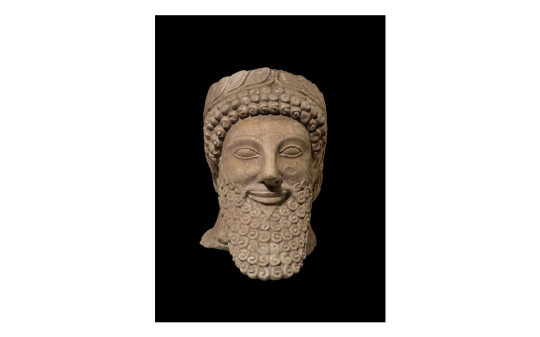
And this one (where a wider nose was most likely deliberately smashed by white archeologists who didn’t like it’s depiction of non-whiteness-happened a lot in Egypt too!) https://www.britishmuseum.org/collection/object/G_1873-0320-4
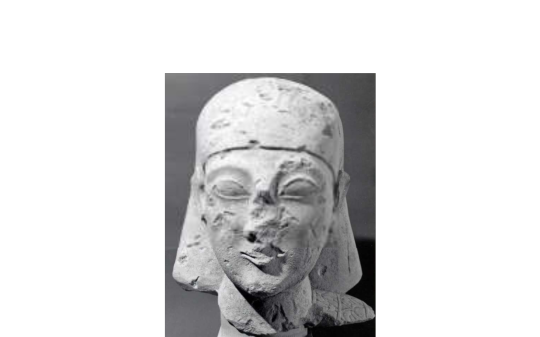
And I did do some looking up of People of Color with lighter hair to see what the values look like:

Lastly the most famous image of two, Achilles tending to Paroclus’ arm. Here we see a beardless Achilles as art styles change and cultures vary: http://www.perseus.tufts.edu/hopper/artifact?name=Berlin+F+2278&object=vase
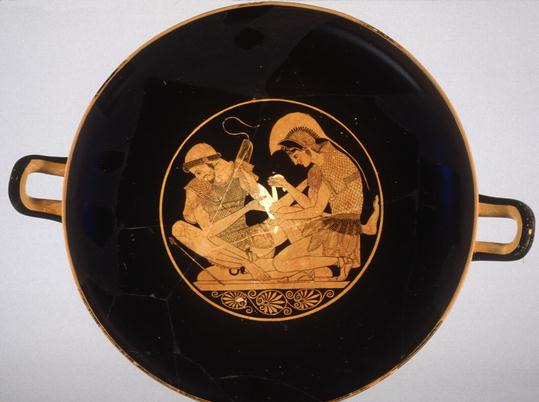
And all of that lead to this:
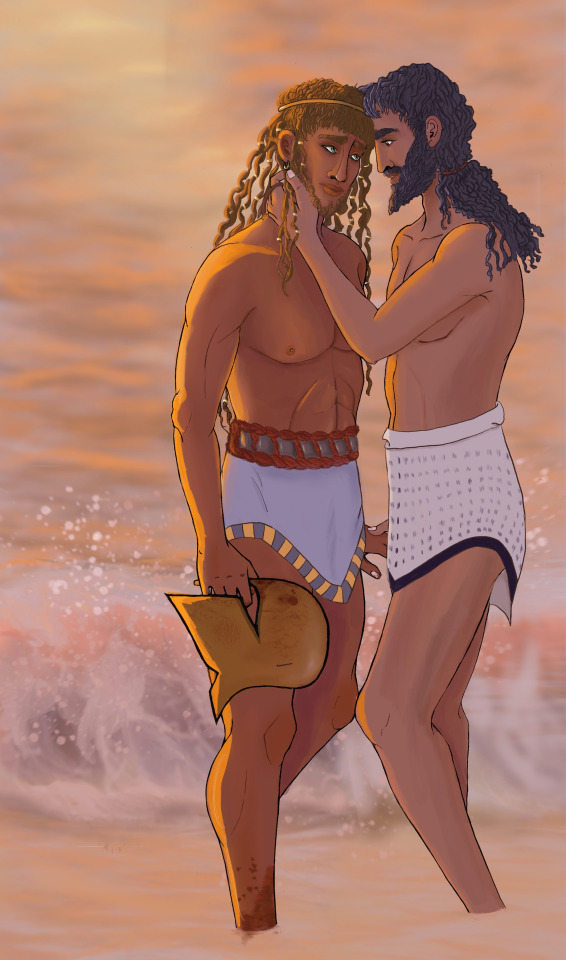
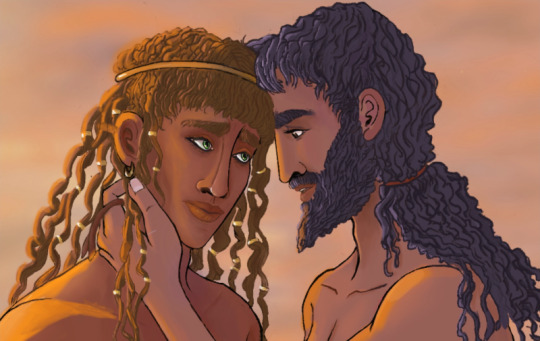
hope this helps! Happy to elaborate on anything! (And yes that’s eyeliner, Alexander the Great wore it to keep away insects and Egyptians used it to keep the sun from their eyes-I can’t see why Trojan Warriors wouldn’t!)
#achilles#Patroclus#mycenaean#ancient greece#tsoa#illiad#the illiad#the song of achilles#history#fashion history#my art#homer stan train
22 notes
·
View notes
Text
if you’re going to write a novel about mēdeia and set it in 1250bce then you do your fucking research, david vann, instead of deciding that a place with known mycenaean settlements would be all about getting fabrics (plain white linen! late helladic iiib i would never) from egypt, the argonauts would be piloting a pillaged egyptian ship (because the author captained one for an archaeological documentary).
“following the archaeological evidence and never straying from realism” my arse, david vann.
2 notes
·
View notes
Text
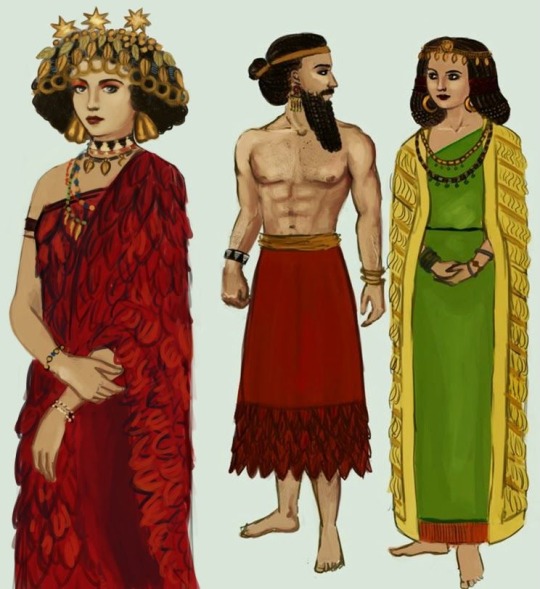
In ancient Mesopotamia (2700 BCE - 1250BCE) traditional clothing began with sheepskin, but evolved into a more traditional style of dress. Men and women wore skirts and shawls made for wool and linen and were heavily decorated with jewellery.
0 notes
Photo

This is me doing the 10 minutes technique for the HST 320 paper, I take off my headset so that I can concentrate on my paper and stop procrastinating and being absent minded. Things that I learned from the topic is that during the time approximately about 1250BCE, China has undergone a huge change on its policy about government official which is caused by the perfection of the imperial examination. With the help of the exam, people with talent trying hard to support their country will eventually gain their revenue.
0 notes
Text
HASTE - The Trojan Horse - Troy 1250BCE - 5th August - 10am
HASTE – The Trojan Horse – Troy 1250BCE – 5th August – 10am
I was sent to Troy in Asia Minor after reports that the Greeks were intending to keep a number of soldiers in a confined space, namely a horse, which sounded like animal cruelty as well as providing cramped working conditions for the soldiers. The idea was that of a Greek called Epeius, a master carpenter and pugilist.
“Epeius, I am Brian from the Health and Safety Time Executive – what is your…
View On WordPress
0 notes